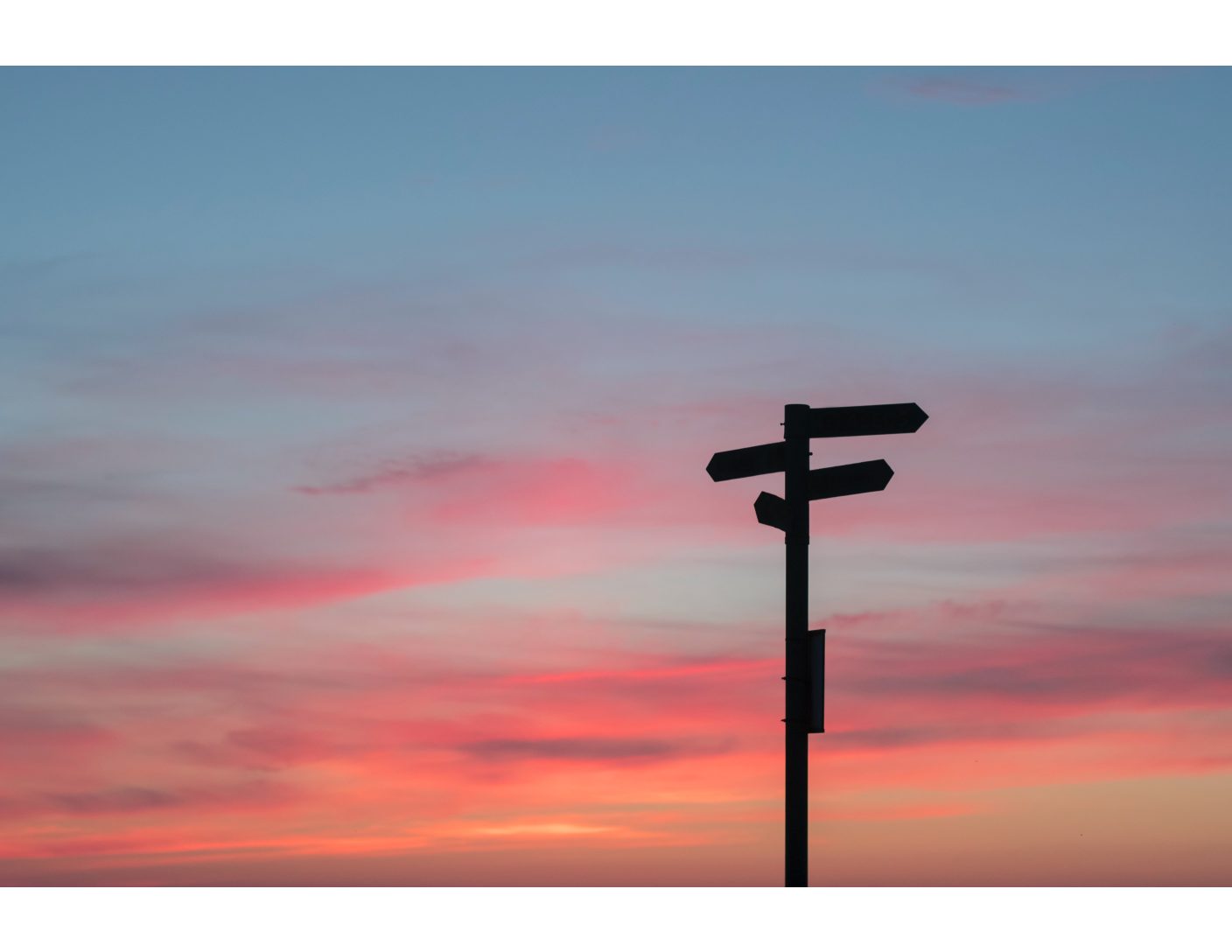“I believe that unarmed truth and unconditional love will have the final word in reality. This is why right, temporarily defeated, is stronger than evil triumphant.”
— Martin Luther King
In 1982, I began working as a consultant. In 1984, I began my coaching work. In 1990, I met Will Schutz and his teachings. I consider the eight years between ‘82 and ‘90, the “missing years”.
I have designed hundreds of training programs and coached hundreds more individually and in groups. All my designs and all my coaching interventions begin with Will’s model. I stand on the shoulders of other influencers: Ron Heifetz, George Leonard, Edie Whitfield Seashore, Peter Block, Sharon Daloz Parks, Peter Koestenbaum, Charles Handy, Tom Gilmore, Larry Hirschhorn and Barbara Kellerman to name a few.
But I always begin with the ideas of Will Schutz.
Schutz authored the FIRO instrument in 1958 and later evolved it into Element B and the Human Element. His work was premised on three essential, fundamental principles:
- Be truthful with others
- Take full responsibility for your life (choices)
- Be self-aware
He believed that if leaders told more truth and self-determined their life by owning their choices, they and their organizations would solve their problems with greater ease. Will often said “truth was the great simplifer” of individual and organizational challenges.
The last week or so, Will has been in my ear and reminding me about the power of choice. He once challenged me to understand that I am a choice-making being. He would gently provoke my thinking by reminding me that if what I was experiencing was not what I wanted, then make a choice for what I did want. Said another way, I don’t always get to choose what happens to me but I do have multiple choices about how I respond to what has happened.
This past week, I have been thinking about the power of choice because of conversations I have witnessed where the issue at hand had to do with individuals not feeling or experiencing being included in a group. Admittedly, not being included in a group that I want to be part of is not enjoyable.
The real question is what do I choose to do about it? Many people take on some version of being a victim and complain or blame. I’ve made this move a few times in my life.
Peter Koestenbaum speaks to this directly. He says, “Courage = freedom and anxiety. Courage is a free decision, an uncaused choice for which I am fully responsible. I choose it.”
What interested me about the inclusion conversations was the recommendations for solving the issue. All suggestions addressed failures in the systems and processes for bringing new people into the group. There is work to be done here to welcome new people into the community so that is an exploration with merit. What was missing were any questions about why the person might be choosing, at some level, to not be included. It’s not uncommon in organizations and communities, to build structures and processes that attempt to support people’s inclusion but actually produce a rescue from lived experiences and a loss of uncaused choice.
The tension between including others and making space for people to choose how they want to include themselves is a polarity. The work of building communities needs to account for this polaric tension.
The truth is, communities do not thrive so much on inclusion but rather on the level of truth telling and conscious choice-making they support as a culture. If the truth telling and choice-making are high, people will migrate to that community and actively choose how they include themselves.
Truth and choice are the great simplifiers.





Comments are closed.